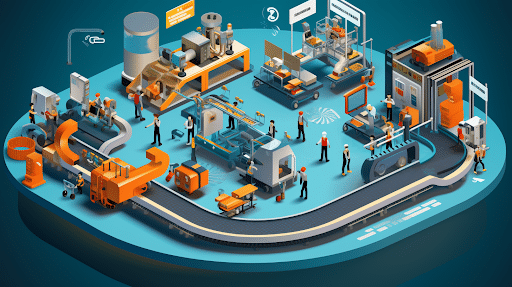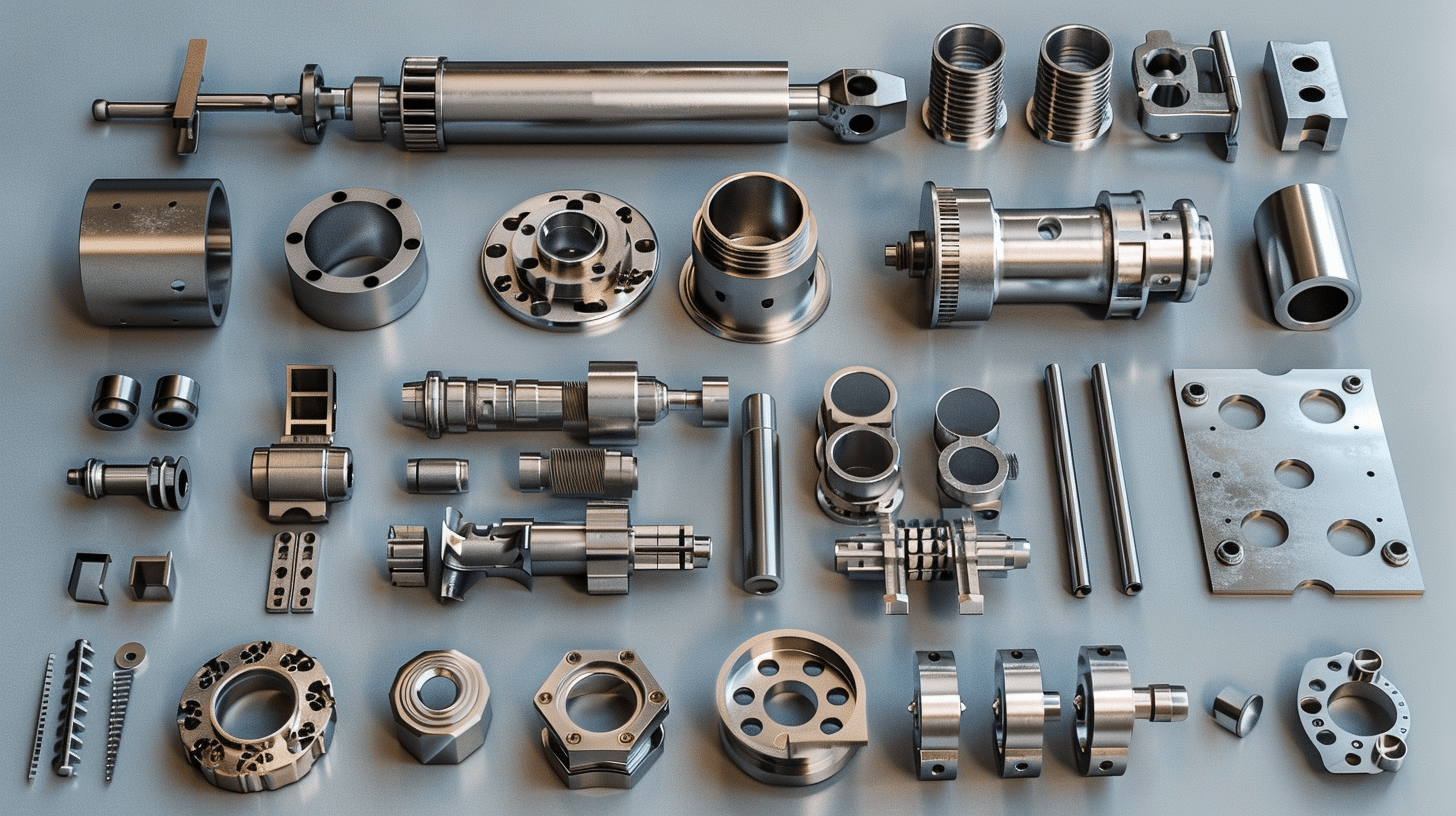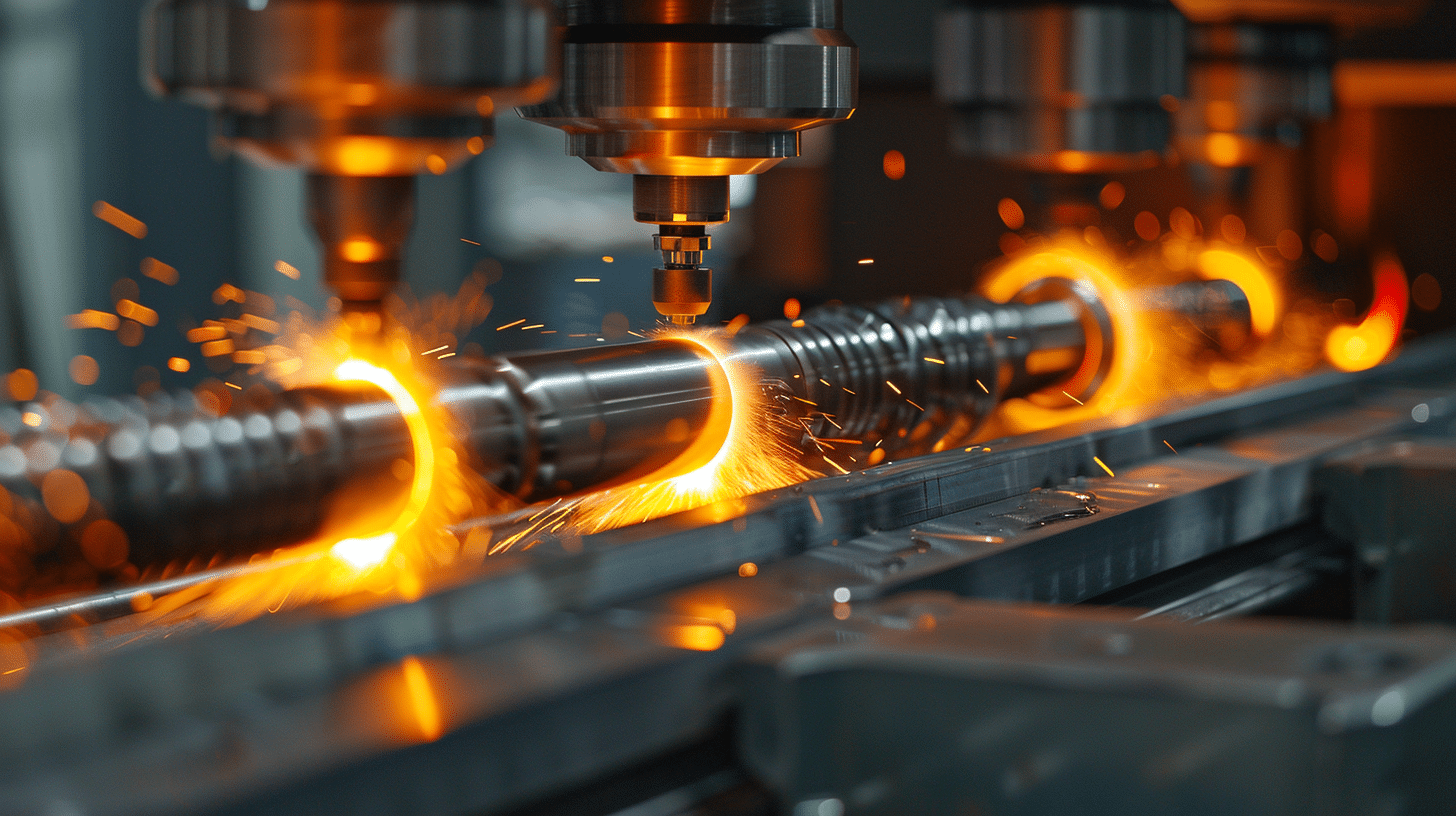Choosing between OEM and contract manufacturing is a decision that can significantly impact a company’s operations and bottom line. While OEM allows for greater control over the production process and customization, contract manufacturing offers cost savings and flexibility. By understanding the key differences and potential challenges associated with each option, businesses can make an informed decision and ensure a successful manufacturing strategy. In this article, we explain the differences between OEM and contract manufacturing to help you determine which approach is best suited to your business goals.
What Is Original Equipment Manufacturing?
Original Equipment Manufacturing (OEM) refers to the process in which an original equipment manufacturer partners with a contract manufacturer to produce components or complete products in a factory setting. This collaborative approach allows the OEM to leverage the expertise, labor, resources, and materials of the contract manufacturer to bring a product to market in a more efficient and cost-effective manner.
OEMs typically focus on the design and quality of the product, while the contract manufacturer handles the production process. This type of partnership streamlines product development reduces lead times, and ensures that consumers receive high-quality, fully assembled products that meet their expectations.
Examples of OEM
OEM is a common practice across various industries. Here are some examples of OEM arrangements in different sectors:
- Automobiles: Automobile manufacturers often collaborate with OEM suppliers to produce various vehicle components such as engines, transmissions, tires, and electronics. These components are integrated into the final vehicle assembly.
- Electronics: Electronics companies like Apple leverage the electronics design services provided OEMs to manufacture electronic components like microprocessors, display screens, and camera modules for their devices.
- Computers: Computer manufacturers like Dell or HP partner with OEMs for the production of motherboards, graphics cards, and other hardware components that are assembled into their laptops and desktops.
- Aerospace: Aircraft manufacturers like Boeing or Airbus rely on OEMs to supply components such as engines, avionics systems, and landing gear for their aircraft.
- Medical Devices: Medical device manufacturers often engage with OEMs to produce components or even entire devices, ensuring compliance with regulatory standards.
Benefits of Original Equipment Manufacturing
OEM comes with various benefits which make it a popular option for companies manufacturing goods. Below are some key benefits.
Cost Efficiency
OEM is cost-effective due to its strategic use of third-party manufacturers to optimize the production process. This manufacturing business model allows companies to leverage the expertise and efficiency of specialized manufacturers while reducing their own manufacturing costs.
By outsourcing production to experienced contract manufacturers, businesses can benefit from economies of scale, streamlined manufacturing processes, and access to state-of-the-art manufacturing facilities, all without the need for significant capital investments in manufacturing capacity. This cost-effective approach ensures that companies can allocate their resources more efficiently and remain competitive in various types of manufacturing industries.
Focus On Core Competencies
Original equipment manufacturers enable businesses in the manufacturing industry to concentrate on their core competencies by outsourcing various manufacturing operations to specialized partners. This strategic approach lets companies redirect their focus toward product innovation, quality control, and a commitment to providing exceptional services to their customers.
By entrusting manufacturing processes to reliable OEMs, businesses can streamline their manufacturing supply chain, reduce operational complexity, and ensure that their core competencies are dedicated to delivering high-quality products and services, ultimately enhancing their market competitiveness.
Time Savings
OEMs expedite the production process and save time for businesses by serving as skilled manufacturing partners. Whether it’s components or finished products, their specialized expertise and well-established manufacturing processes streamline production, reducing time to market significantly.
This form of outsourcing is especially beneficial for various types of manufacturers and products, as it allows companies to tap into a ready pool of skilled labor and production resources, accelerating the entire manufacturing timeline while ensuring product quality and competitiveness in the market.
What Is Contract Manufacturing?
Contract manufacturing is the process of outsourcing part of the production of a product to a third party. For companies with limited resources or those who have demanding production processes, contract manufacturing can be advantageous because it allows them to produce and sell products without having to invest in their own equipment and personnel.
The third-party partner (or contract manufacturer) handles production based on the OEM’s designs and plans, allowing the company to free up capital while still enjoying quality results. By minimizing labor costs and investing its resources into researching and developing the best products for sale, companies that leverage contract manufacturing may be able to enjoy increased profitability.
Industrial subcontracting services
Contract Manufacturing Examples
- Electronics Industry: Apple doesn’t manufacture its own iPhones, iPads, or MacBooks. Instead, it contracts electronics manufacturing services to produce these devices.
- Pharmaceutical Industry: Many pharmaceutical companies outsource the manufacturing of their medications and drugs to specialized contract manufacturing organizations (CMOs).
- Food and Beverage Industry: Retailers often contract food manufacturers to produce private-label or store-brand products. These manufacturers create products like canned goods, beverages, and snacks for the retailer to sell under their brand.
- Industrial Industry: Contracting out various processes such as machining, plastics and wood processing allows companies to seamlessly complete the industrial completion of products in a specialized manner, ensuring an outcome of high quality products.
- Textile and Apparel Industry: Fashion brands may contract textile and apparel manufacturers in countries with lower labor costs to produce clothing and accessories. For example, Nike, Adidas, and H&M use contract manufacturers to produce their clothing lines.
Benefits of Contract Manufacturing
Contract manufacturing shares similar benefits as OEMs but also some additional ones that allow it to stand out as the favorable of the two options. Below are some of the key additional benefits of contract manufacturing services.
Scalability
Scalability is a pivotal benefit of contract manufacturing, particularly for companies producing a diverse range of products. By outsourcing product manufacturing to specialized partners, businesses can swiftly adjust production volumes to meet fluctuating demand without incurring high fixed costs. This agility ensures cost-effectiveness and minimizes commitment to maintaining extensive manufacturing facilities.
Moreover, it allows companies to maintain their commitment to quality, as reputable contract manufacturers often have robust quality control systems in place. Additionally, this arrangement accelerate development time for new products since manufacturers bring expertise and efficiency to the process, enabling a broader product range without sacrificing quality or responsiveness to market dynamics.
Risk Mitigation
Risk mitigation is a crucial advantage of contract manufacturing. When companies entrust their production to specialized contract manufacturers, they share some of the inherent risks associated with manufacturing and supply chain management. This risk-sharing alleviates the financial burden and operational complexities often involved in maintaining in-house production capabilities.
Contract manufacturers are experts in managing production-related risks, ensuring consistent quality, and adapting to unforeseen challenges, such as supply chain disruptions. As a result, businesses can safeguard their bottom line while focusing on core competencies and strategic growth initiatives, knowing that their manufacturing partner is equipped to navigate uncertainties effectively.
Diversification
Diversification is a valuable advantage of contract manufacturing, especially for companies aiming to expand their product portfolio rapidly. Instead of investing a significant amount of time and resources in developing in-house manufacturing capabilities for new product lines, businesses can rely on contract manufacturers with a wide range of expertise.
This allows for swift diversification without compromising on quality or incurring excessive costs. The benefits of specialization across various product categories accelerates the introduction of new offerings to the market, providing companies with a competitive edge in adapting to evolving consumer preferences and market trends.
Common challenges with contract manufacturing and how to address them
Differences Between OEMs and Contract Manufacturing
OEM and contract manufacturing are two similar yet distinct approaches to the production of goods. Each type of manufacturer approaches the manufacturing process in slightly different ways. Below are some of the key differences.
Ownership and Branding
OEM
In an OEM arrangement, the manufacturer (OEM) designs, produces, and sells products under its own brand name. The OEM is responsible for both the design and manufacturing of the product, and it retains full control over the product’s branding and marketing.
Contract Manufacturing
In contract manufacturing, the company that owns the product design (often referred to as the OEM) contracts with a third-party manufacturer to produce the product. The contract manufacturer is responsible for the production process, while the OEM maintains control over branding and marketing.
Product Design and Development
OEM
OEMs are typically responsible for manufacturing, engineering, and development. They create the product concept, specifications, and features.
Contract Manufacturing
Contract manufacturers do not typically participate in the product design phase. They focus on producing products based on the specifications provided by the OEM.
Production Facilities
OEM
OEMs often have their own manufacturing facilities where they produce their products. They may also own or control the entire supply chain.
Contract Manufacturing
Contract manufacturers specialize in production and often have dedicated facilities and expertise for efficient and cost-effective manufacturing. They may work with multiple clients on various products.
Risk and Responsibility
OEM
OEMs assume full responsibility for the success and quality of the product. They bear the risk associated with manufacturing, production capacity, and market demand.
Contract Manufacturing
Contract manufacturers primarily handle the production process. While they are responsible for meeting production deadlines and quality standards, the risk associated with product design, marketing, and market demand typically rests with the OEM.
Customization and Flexibility
OEM
OEMs have greater control over product customization and design changes. They can adapt their products to market trends and customer preferences more flexibly.
Contract Manufacturing
Contract manufacturers are often focused on producing products to the specifications provided by the OEM. Customization and design changes may require collaboration and communication with the contract manufacturer.
Contract Manufacturing Services
If you require an outsourcing service to make the completion of your product simpler, more cost-effective and quicker to produce, hiring a contract manufacturing is the ultimate way to achieve your goal. At Alpha Contract Manufacturing, we work closely with local companies to offer an easy one-stop solution to your industrial manufacturing needs. We offer a quality service that is dedicated to ensuring the completion of any type of product to the highest possible finish.







